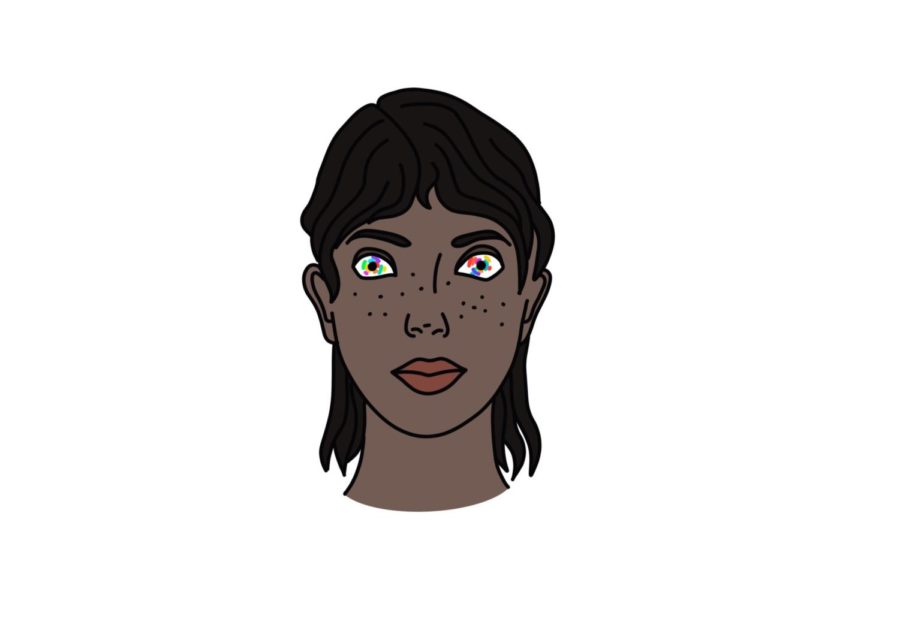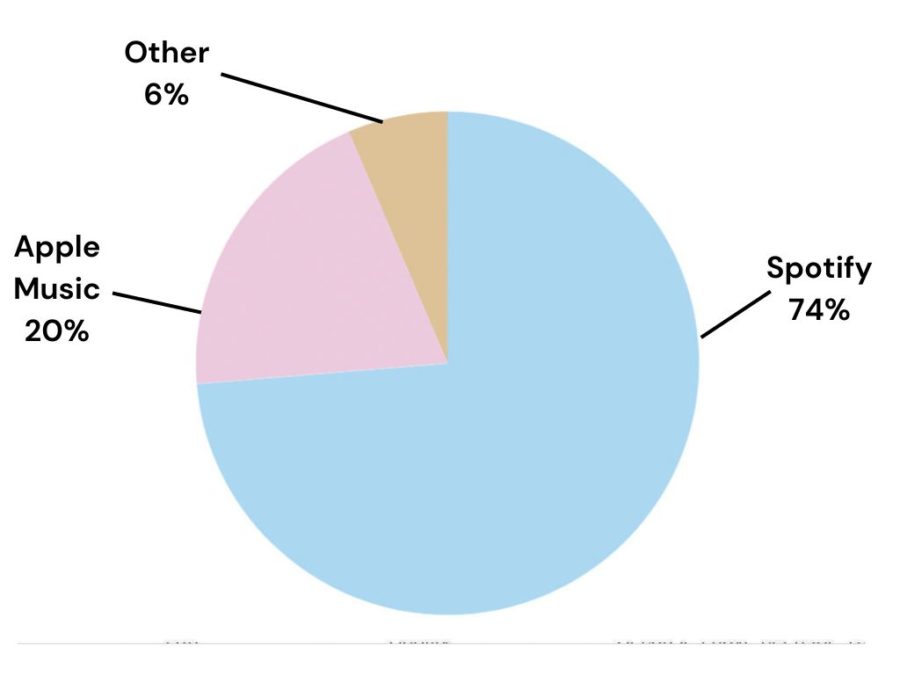It’s no secret that Social Studies in America is biased and Eurocentric. However, some schools have worked to combat this issue.
Recently, The Boston school system has commited to remove the use of Mercator Projection Maps from their public schools.
Mercator maps, proposed by Gerardus Mercator in 1569 use a cylindrical projection to show the world. They quickly became popular in the nautical world due to the ability to show constant linear lines.
The linear scale of the map is constant throughout the map, which accounts for the maps ability to show actual borders of countries. However, as latitude increases from the Equator to the poles, the scale become infinite.
This causes land mass near the poles to appear larger than land mass near the equator, even if that is not the case in real life. For example, on a Mercator Map, Greenland appears to be almost as large as the continent of Africa, but in reality Africa is fourteen times larger than Greenland.
For their original use, these maps were extremely helpful. They created an easy way to navigate sea travel centered around Europe. However, for modern educational purposes, the maps are detrimental.
Not only does the map center around Europe, creating a false perception of the actual layout of the world, its incorrect scale cultivates internalized biases against other countries and cultures.
It is in our human nature to associate size with power. By having northern countries appear larger, an (often unconscious) prejudice is ingrained in our brains, perpetuating the stigma the Western civilization is inherently greater.
While it is nearly impossible to create a perfect map of the Earth, it’s important to introduce students to different types of maps and perspectives of the world.
While Blake prides itself on having a curriculum that introduces different perspective and creates “global citizens,” many members of the community don’t realize that their perception of the physical world is literally skewed.
“My life has been a lie,” says Azalea Hallin-Graber ‘19 “Greenland is so small.”
Nate Ronan ‘19 adds, “I wish we didn’t have such a EuroCentric education. We should incorporate more perspectives.”







